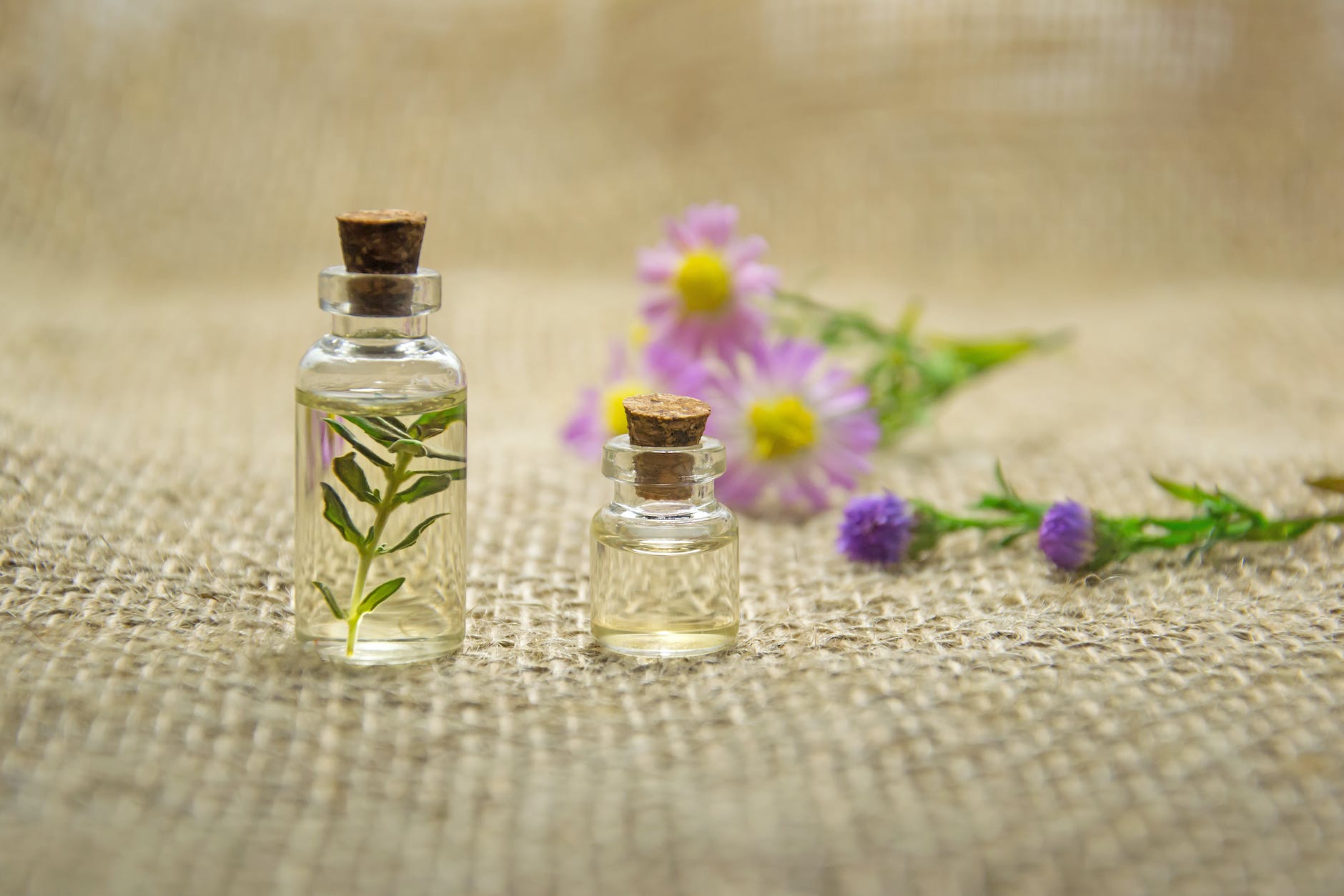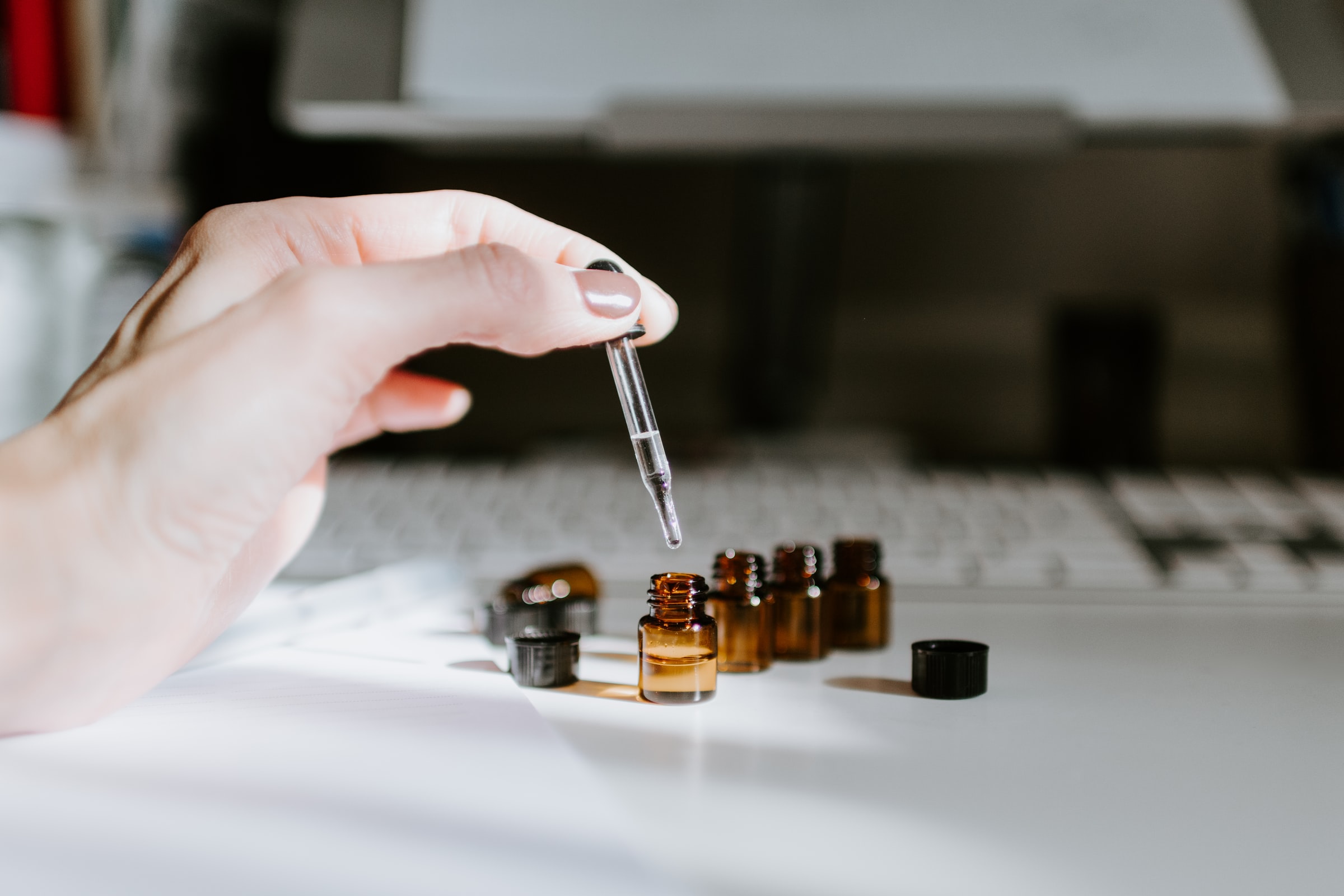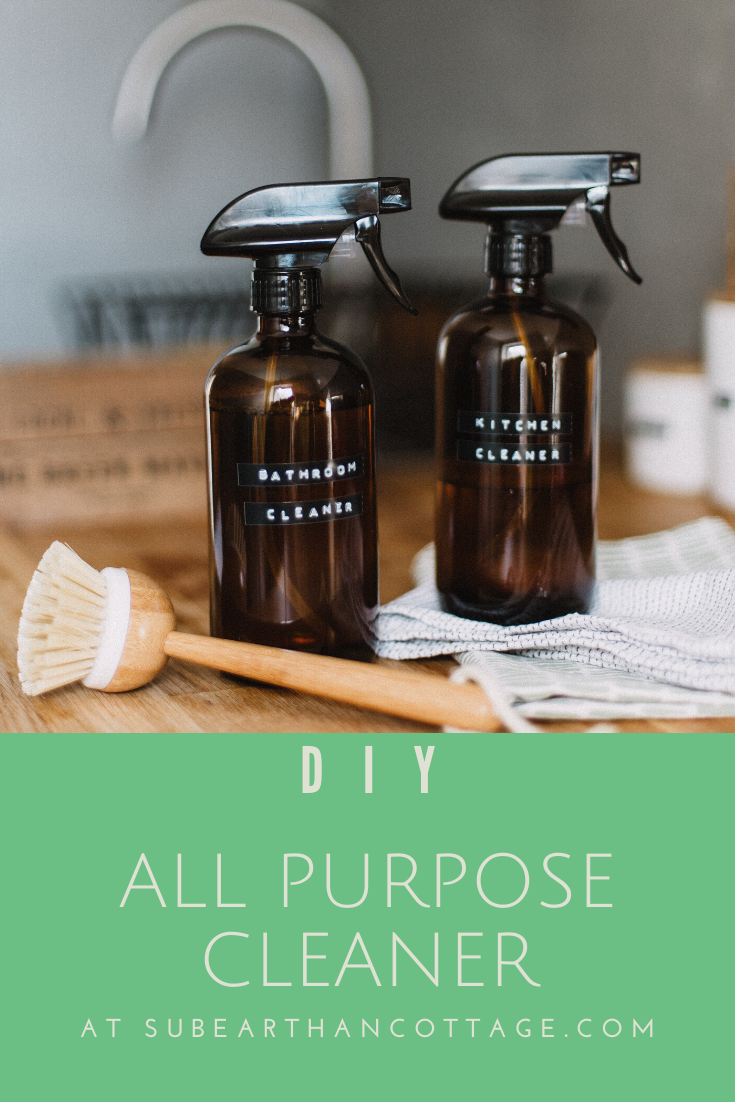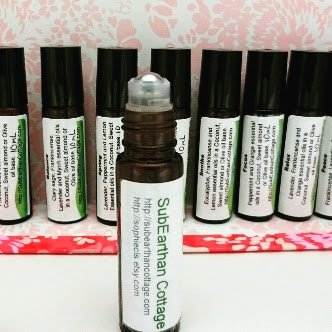
Aroma is very powerful. We all have certain scents that bring back memories or evoke certain thoughts and feelings. It’s no wonder, then, that for thousands of years people have used scents to evoke a physical response and to heal. Strong evidence was found to link aromatherapy to many ancient traditions. Though aromatic oils have been used to treat and cure various ailments and conditions for centuries, the formal study on their properties only started in 1928.
What is Aromatherapy?
In its simplest form, aromatherapy is the use of scent, usually in the form of essential plant oils for therapeutic purposes. The essential oils are normally used to relieve a person from stress and a variety of stress-related conditions. They are also used for promoting a person’s general well being and invigorating the body and psyche.
How does it work?
Aromatherapy works by inducing our olfactory nerve cells with aromatic oils, which then carries the message to our limbic system in the brain. The limbic system is the part of the brain responsible for controlling memory and emotions.
Aromatherapy is concerned in the workings of both our physical and emotional selves. Physically, aromatherapy helps in relieving specific conditions by stimulating our nervous, immune and circulatory systems. In emotions, however, they work by evoking pleasant memories and uplifting our mood.
Although the medical community is not in agreement over whether aromatherapy in itself is instrumental to healing various medical conditions, the idea of recovery through aromatherapy is widely accepted. Think of eucalyptus for easing cold symptoms, minty or peppery salves for soothing achy muscles and lavender, rose or frankincense for relieving stress.
How are essential oils made?
Essential oils are derived from the distillation of the parts of a plant. They can come from the leaves, roots, flowers, stems or bark. They hold the true essence of the plants from which they originally came in high concentration. Though termed as oil, essential oils normally do not have all of the real properties of oil. It is important to note that, like oil, essential oils do not dilute in water. Their high concentration means that they should not be ingested or used without properly diluting them in a carrier oil first.

How are essential oils used?
Essential oils are used in a variety of methods. A few are through inhalation, by blending them with a carrier oil and adding them to bathwater, or by the application of the diluted oil on the body.
You should only use pure essential oils for aromatherapy. You want to look for 100% essential oils, not fragrance oils when choosing oils for aromatherapy. Be aware, though that labels like “therapeutic grade” do not have a standardized meaning, nor are essential oils FDA approved.
Commonly Used Oils in Aromatherapy
Carrier (base) oils
The following is a list of the most common oils used in aromatherapy. First are the common carrier oils (also known as vegetable oils or base oils).
- Almond, Sweet
- Apricot Kernel
- Avocado
- Borage
- Cocoa Butter
- Coconut
- Grapeseed
- Jojoba
- Olive
- Rose Hip
- Shea Butter (carrier)
- Sunflower
Essential Oils
Next are some of the most commonly used essential oils. Everyone has their own preference, so expect some variation depending on the practitioner.
- Frankincense
- Lavender
- Lemon
- Peppermint
- Rosemary
- Sweet Orange
- Tea Tree

Essential Oils to Avoid
Below are some essential oils that are not recommended to use in aromatherapy. This is especially true if you are not supervised by a professional, licensed aromatherapist. This is not an extensive list, so please, know your essential oil before using it. Remember, essential oils are highly concentrated. Just because something is safe as a food does not mean it is safe as an essential oil.
- Almond, Bitter
- Arnica
- Birch, Sweet
- Broom, Spanish
- Calamus
- Camphor
- Garlic
- Horseradish
- Mugwort
- Mustard
- Onion
- Pennyroyal
- Rue
- Sassafras
- Thuja
- Wintergreen
- Wormwood
Aromatherapy at Work
You’ll find aromatherapists in a variety of work environments including in private practice, natural health clinics, health clubs, spas and holistic medical practices, among others.
While there is limited formal research on aromatherapy, therapists and physicians often prescribe aromatic essential oils for a range of complaints. These include colds and flus, insomnia, sinusitis, migraines, digestive problems and muscle pains. Most people are familiar with using lavender for insomnia or peppermint and eucalyptus for congestion. While I’ve probably said this about a million times by now, essential oils should never be taken orally. They should also be diluted in a carrier oil and used sparingly at first until you know how you react to them.
Aromatherapy for You
If you’re interested in learning more to begin using aromatherapy yourself, check out my 9 Tips For Aromatherapy Beginners.
If you’d like to read some of the research on the medicinal use of essential oils, here are a few articles for you:
The Effectiveness of Aromatherapy in Reducing Pain: A Systematic Review and Meta-Analysis
Aromatherapy: Do Essential Oils Really Work?
Like this post? To make sure you never miss a future post, please sign up for my newsletter.



















